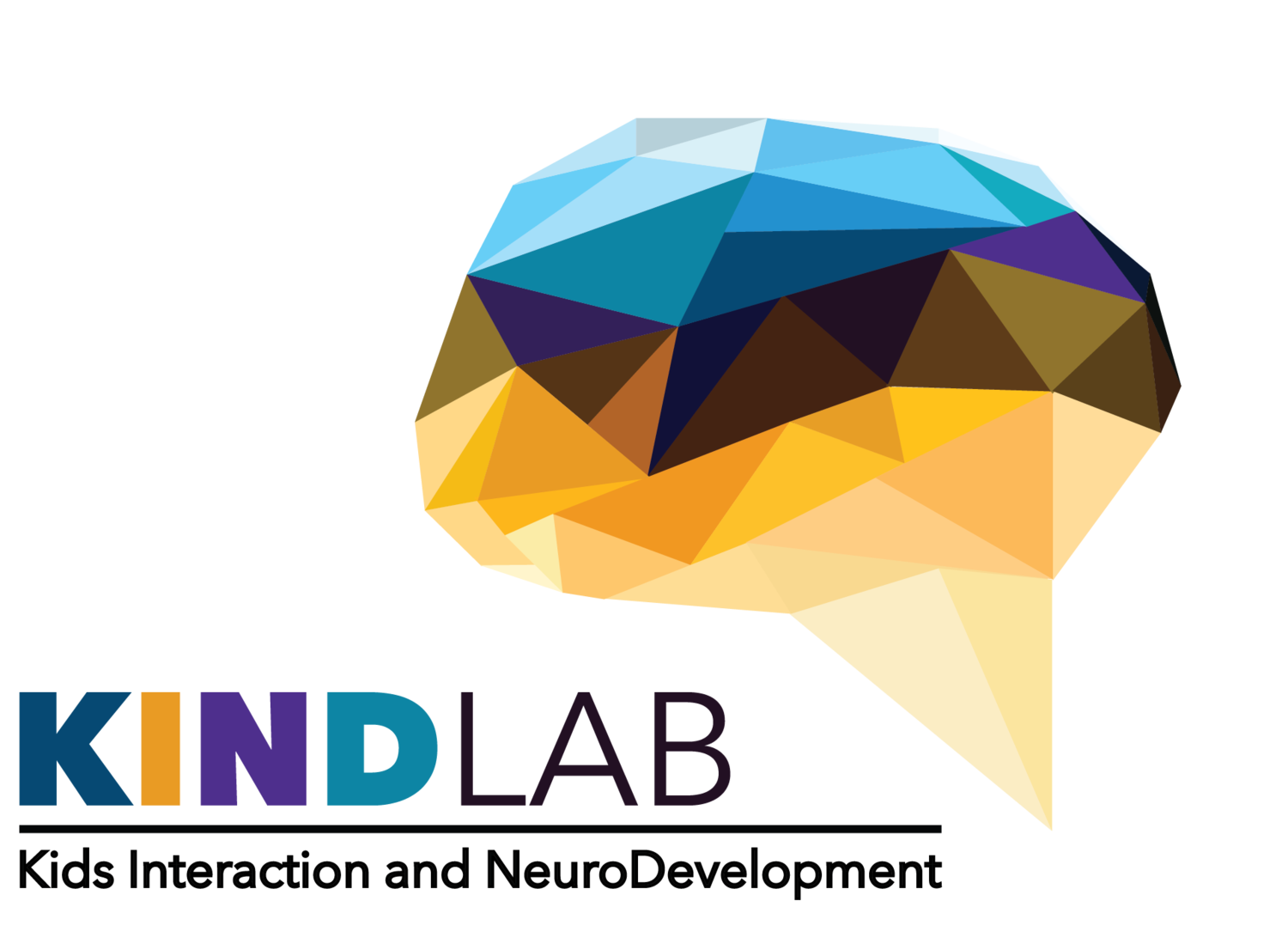for Participants
We are looking for families in the Inland Empire to participate in our paid study on what emotions children aged 8-13 feel about climate change and how they cope with these emotions. You and your child will be asked questions about your child’s emotional and mental health. Your child will also answer questions about what kind of emotions they feel in response to climate change, and what they do when they feel these emotions. The visit will take place in-person on the UCR campus and will last for about 1-1.5 hours. During this time, your child will be going through some questions with a research assistant while you will fill out your own survey in a separate room. Once the visit is complete, you will receive $60 in cash as a thank-you for participating! For more information, please see our Study Flyer.
We are looking for families in the Inland Empire to participate in our paid study on how the body feels during parent-child interaction tasks, with children aged 8-13. You and your child will be asked questions about your child’s emotional and mental health. Other questions will ask about your general thoughts and emotions. We will also take physiological measurements while you have conversations and complete computer tasks. It is expected that your participation will last 1.5-2 hours and will take place on the UCR campus. Once the visit is complete, you will receive $100 in cash as a thank-you for participating! For more information, please see our Study Flyer.
We are looking for children between the ages of 8 and 12 to participate in our visual attention study. Our study consists of one visit, taking about 1 hour. During your visit, both you and your child would answer questions about your child’s behavior and emotions, and your child would participate in a computer task. Your child will also participate in computer games, where their eye movement will be recorded using an eye tracker while watching a series of short videos. Your child can stop at any time and decide not to participate. If your child qualifies for the study, and if you and your child come to UCR and participate, we will give you a $25 Amazon gift card as a thank-you. For more information, please see our Study Flyer.
The main goal in our laboratory is to understand how the brain supports social and emotional development from childhood, through adolescence, and into adulthood. In particular, we are interested in the neural mechanisms recruited during emotional reactions to fearful and distressing events and in how social learning alters behavior and brain function. We use behavioral, neuroimaging (e.g. fMRI), and autonomic measures to address these questions.
Empathy and aggression
Antisocial and aggressive behavior in children and adolescents is of one the most common reasons for referral to child mental health services. In the long term, these behaviors predict poor mental and physical health outcomes. We are interested in understanding how children with such behaviors perceive the people around them. Importantly, children who are antisocial and aggressive are not all the same. Some children have difficulty in resonating with other people’s emotions. They may understand what other people think, but they tend to feel less empathy for other people’s distress. In contrast, other children are over reactive to emotional stimuli and often have trouble regulating their emotions. We can also observe this at the brain level. We are particularly interested in understanding antecedents of aggressive and antisocial behavior in young girls. During the past decade, crime rates have been increasing more rapidly among adolescent females than males. Little is known, however, about the precursors, etiological factors, as well as biological and contextual correlates of female delinquency.
Fear learning and anxiety
Being responsive to fear in others is thought to be a precursor to empathic concern, which has been linked to prosocial behavior. However, reactions to others’ fear that are excessively aversive may facilitate the emergence of internalizing problems, such as anxiety. We know quite a lot about the effects of too little emotional empathy; research documents associations between an impaired capacity for emotional responsiveness and antisocial and aggressive behavior. Much less work has described potential psychopathological consequences of excessive emotional responsivity. Heightened sensitivity to others’ fear and inadequate skills for coping with that distress may increase vulnerability to internalizing conditions like social anxiety. We are interested in examining variability in the tendency to sensitively respond to others in fear along a continuum. To this end, we probe attentional, autonomic and neural responsiveness to fearful faces in children who are highly anxious or shy, offering an opportunity to study ontogenetic predictors of maladaptive emotional responding.
Neural correlates of empathy
Different children respond distinctly to the distress of the same person. One child might be motivated to help; one might react aggressively; and another might avoid the suffering person altogether. Our goal is to understand the neurodevelopmental trajectories that lead to these divergent responses. To this end, we are interested in elucidating the specific mechanisms by which variation in empathy relates to neural and autonomic function across development; linking these mechanisms to the development of psychiatric conditions, and examining how maternal and paternal parenting relates to these mechanisms. We have recently also begun to probe the broader sociocultural and contextual influences on these responses, including trauma histories, and perceived discrimination.
